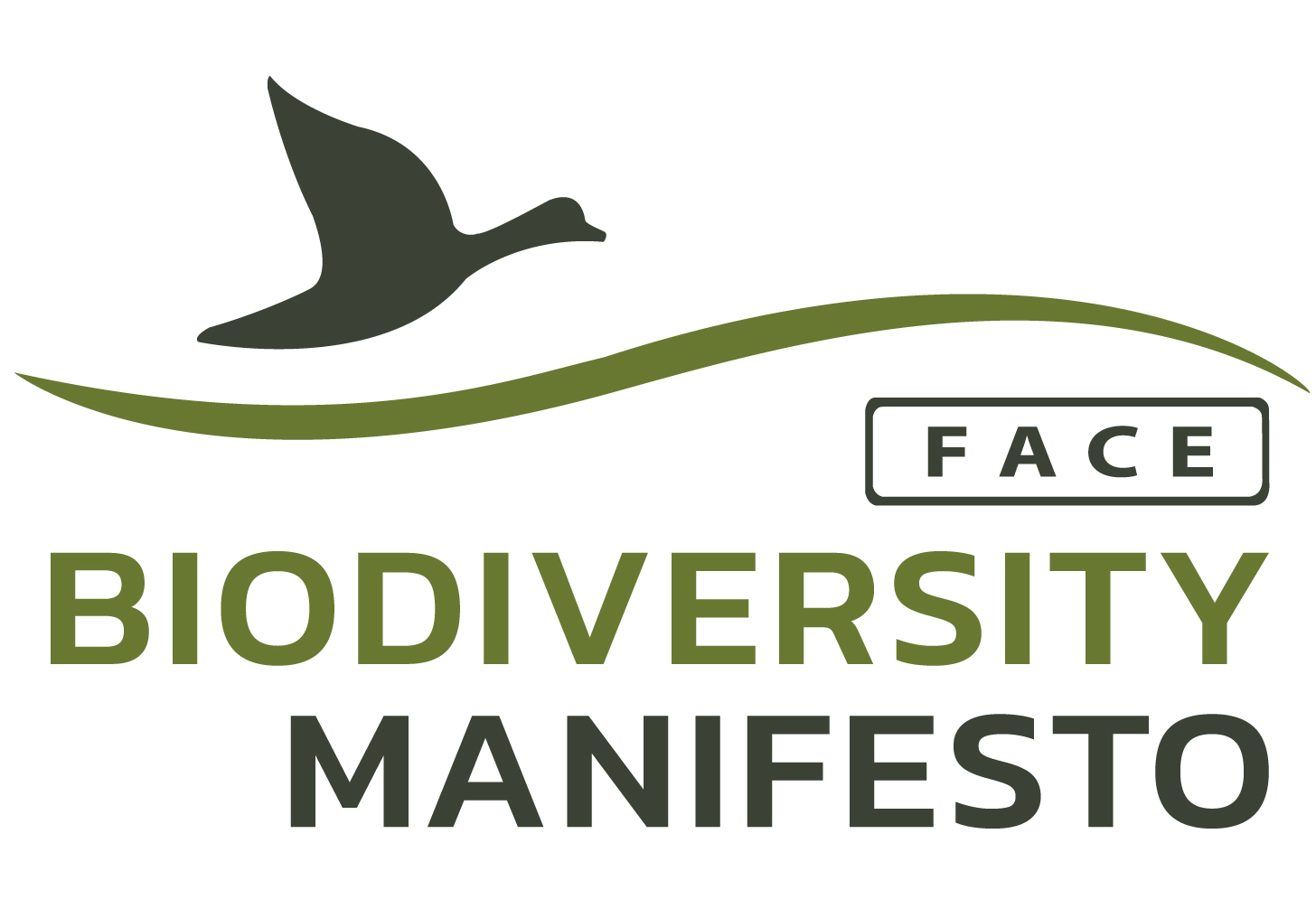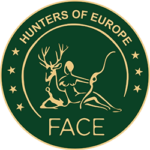To learn how to better fight a new strain of Viral Hemorrhagic Disease that had recently appeared. Identify the cause of high mortality, confirm it as a new strain and characterise it. Educate and train hunters and game managers. Create a national network of health surveillance and collection of dead or dying animals.
Nationally monitor the populations and incidence of the strain. Create ideal habitat conditions to increase the chance of development of resistance. Submission of samples for laboratory study. Lobbying within the government for technical and financial support Hunters were educated about the appearance of a new strain of Viral Hemorrhagic Disease.
Hunters mobilised and acted when land managers did not. Hunters collected the livers of infected animals and submitted them for laboratory testing.
Hunters monitored the populations and collected dead and dying animals. Hunters invested in improving habitat for rabbits and hares in order to allow them to develop resistance to the virus.
Country: Portugal
Starting date: 2013
Species characteristics: Huntable species, Abundant species
Type of actions: Management of habitats and wildlife, Research and data collection, Communication, Policy work, Enforcement
Leading partners: FENCAÇA- Portuguese Federation of Hunting (www.fencaca.pt)

